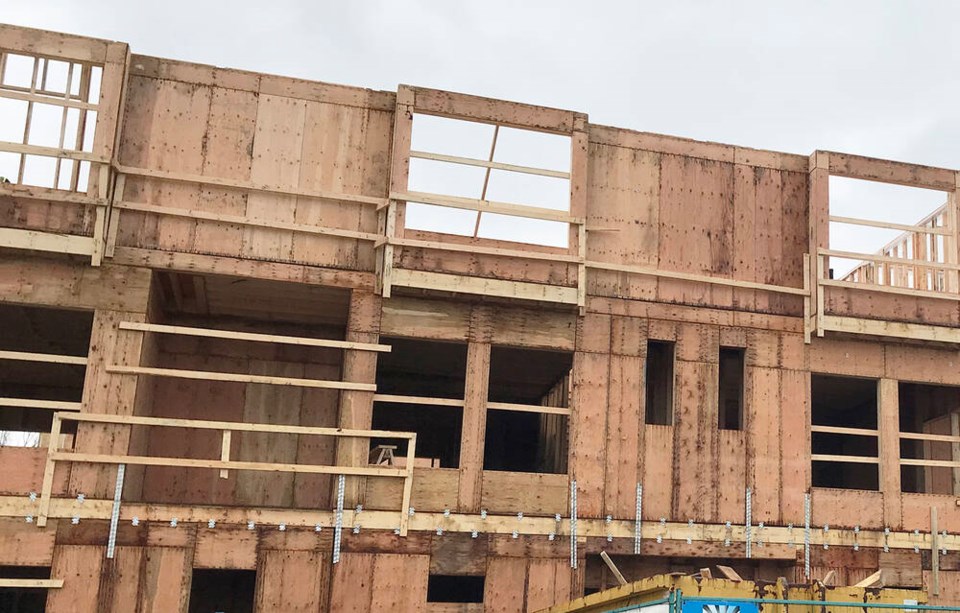The BC Ministry of Housing will work with municipalities and partners on a major new zoning change over the coming months, ensuring the government is taking unique local circumstances into consideration.
That’s according to the ministry in response to an inquiry from the Optimist about the province’s plan to introduce legislation this fall that will allow three-to-four housing units on land currently zoned only for single-detached homes in many areas.
The plan was announced this spring.
The City of Delta hasn’t raised an alarm, but other cities were quick to voice concern, including regarding local zoning being overridden without consideration of traffic, infrastructure and other issues.
Delta North MLA and Housing Minister Ravi Kahlon, who made the announcement last month with Premier David Eby, was unavailable for comment, but the ministry issued a statement that in many places, zoning rules have forced new housing to be either in the form of small condo units in tall towers, or expensive single-family homes, with a shortage of options for the types of housing in between, housing that many people are seeking.
“This will allow more small duplexes, triplexes and townhomes that fit well into neighbourhoods that are currently zoned exclusively for single-family detached homes. It will also reduce costs and delays associated with existing time-intensive re-zoning processes, and make more efficient use of existing infrastructure, amenities, roads and services,” the ministry noted.
“While we expect that demand will be high initially, over time as we increase the supply of these homes it will mean more homes that are within reach for middle income families, in the communities people love.”
Noting the government will work with individual municipalities, the ministry added that experience in other jurisdictions has shown that allowing higher densities can help to reduce the price per home, especially when compared to single-detached home prices.
“Other places have started to make similar efforts, including places like Portland, California, and New Zealand, and they are already seeing the benefits. For example, Auckland in New Zealand made similar changes in 2016, and research has shown these changes have led to the creation of more than 20,000 additional new homes over five years. And that new supply is having a measurable impact on rents and housing prices already, with the benefits expected to continue to increase as more new homes are completed,” the ministry explained.
The City of Delta, under a new Housing Action Plan, has already begun the process by undertaking a number of zoning amendments to pave the way for more so-called “gentle density” in traditional single-family neighbourhoods.
Meanwhile, the province last month flexed its muscle by introducing legislative amendments, through the Municipalities Enabling and Validating Act, to bring supportive housing in the City of Vancouver faster.
In July 2022, Vancouver council approved, in principle, a rezoning bylaw to allow 129-unit mixed supportive housing and affordable housing development, known as the Arbutus Project. That approval followed a public-hearing, but the adoption of the rezoning bylaw has been delayed due to legal action by opponents of the project.
The province said it was making the changes to the act as a direct response to a request from the City of Vancouver for legislative intervention to allow the Arbutus Project to move forward as soon as possible.
The ministry in its statement to the Optimist explained that, regarding the recent legislative intervention in Vancouver, while the government is in support of streamlining the development permit process in municipalities, the legislative intervention is a unique case.
“The Province has not legislatively intervened in this manner previously. This legislative action is specifically directed toward the circumstances of the Arbutus Project and does not change anything for other local governments,” the ministry explained.
Regarding the other housing strategies, the ministry noted the province is taking other steps to support municipalities in building more supply, such as the Housing Supply Act and the Development Approvals Process Review.




